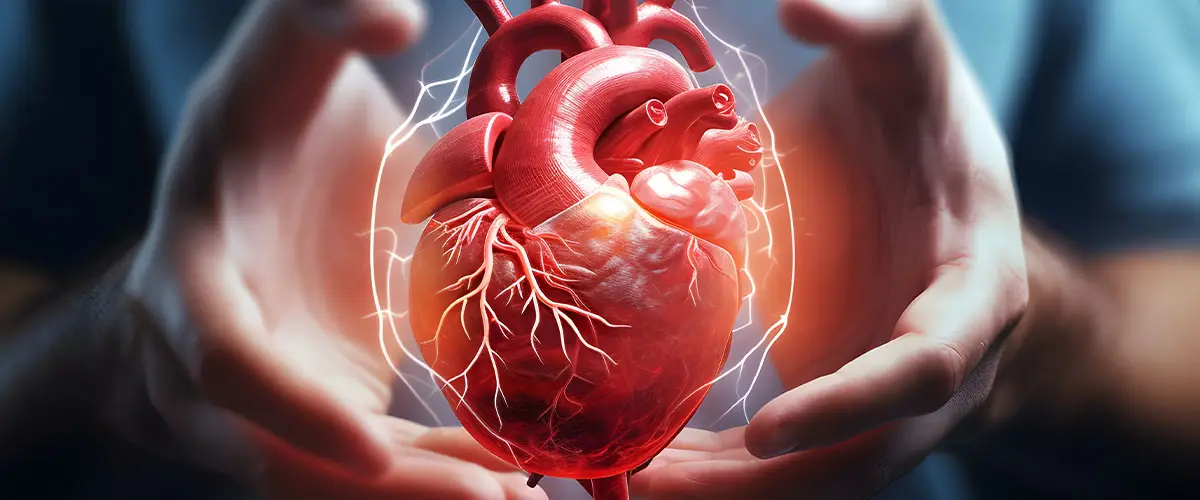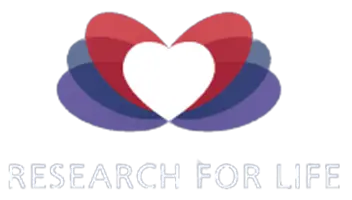
Understanding Whole Body Donation
There are plenty of misconceptions out there regarding donating your body for scientific, medical, or educational purposes, often referred to as “donating your body to science.” If you are considering becoming a donor, you probably have more than a few questions about the process. We want to help by providing some facts about whole body donation.
An organ donor can be a whole body donor in some cases.
THE FACTS Organ donation and whole body donation are unique and separate programs. However, they are equally important in saving lives by an immediate organ transplant (heart, lung, kidney) or through disease research for therapies or medicines that save or extend lives. The primary difference is that whole body donation organizations are non-transplant tissue banks. This means that they do not take live organs from a donor and transplant them into another living person. Most whole body donation programs will work with the organ donation organization to ensure that your wishes are followed as long as the anatomical specimens are viable for research or medical education.
The organ donor designation symbol on the back of your license does not imply consent for whole body donation. A donor would need to register with both the organ donation organization and the whole body donation organization and let their loved ones know they are an organ donor first and a body donor second. Also, since whole body donation is not used for transplant purposes, many more people can be accepted as donors because old age or diseases like cancer generally do not prevent your acceptance.
Pre-registration is always best but not required.
THE FACTS: Body donations are accepted after death, even when the individual was not registered at the time of passing. Most organizations would complete a qualification questionnaire over the phone to determine acceptance. The legal authorizing agent would also need to complete a registration packet.
Research For Life’s Guaranteed Donor Program
THE FACTS: Once registered, Research For Life will accept a donor even if health conditions should change. Please note the limitations; some factors can void the acceptance of a donor. These include the failure to notify Research For Life promptly of the death or the body was not cared for (refrigerated) properly after death. Another is that the death occurred outside the service area of our contracted transport providers or in a state where we do not provide coverage. Acceptance can also be denied if the authorizing agent or responsible party refuses to provide the necessary information for the death certificate or permits in a timely manner as required by law and Research For Life. Furthermore, Research For Life will void the guarantee if weather prohibits the transporter’s ability to safely navigate roads at their discretion. Research For Life reserves the right to change, modify, cancel, or otherwise suspend the Research For Life donor program at any time, without warning, in its sole discretion.
Medical researchers and educators need donors who have certain diseases and conditions.
THE FACTS: Illnesses and age do not prevent whole body donation acceptance. Donors who have or have had diseases like cancer or dementia and are not accepted for transplant donation will likely be accepted for whole body donation. There isn’t an upper age limit restriction for whole body donation either.
It’s a fact most people can be whole body donors.
THE FACTS: Just about everyone can be accepted as a whole body donor. However, there are a few diseases, such as HIV, hepatitis, and other communicable diseases, that would prevent one from qualifying to be a donor. The donor organization will ask questions regarding a donor’s medical condition and lifestyle to help better understand how the donation can best be used.
Research For Life is a no-cost program. Your family or estate will never be charged.
THE FACTS: Many whole body donation programs offer services at no cost to the donor or the donor’s family. The organization that receives your gift generally covers the transportation and cremation costs related to the donation process.
Can my family still have a memorial service without the body being present?
THE FACTS: With whole body donation, open casket viewing is not possible. However, many families choose to have a memorial service in honor of the donor, with or without cremated remains present.

